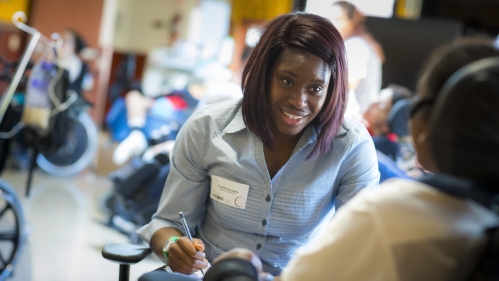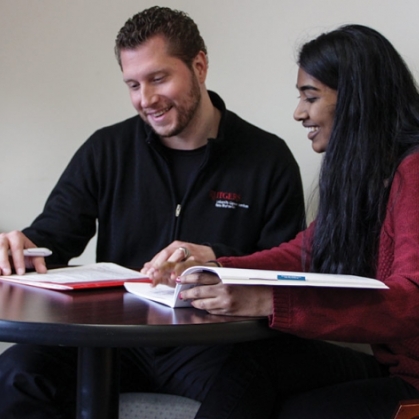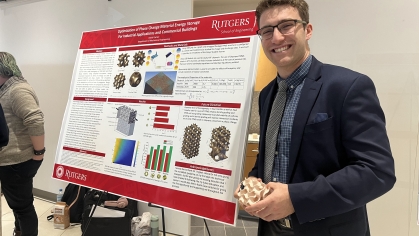Internships and Co-ops
Experiential internships are central to an engineering education and our students gain experience at leading corporations and research agencies. Co-ops are typically paid positions and last anywhere from three to 12 months. As a result, students are out of class and working for a portion of their college career. Students also have the option to earn academic credits for an internship.









